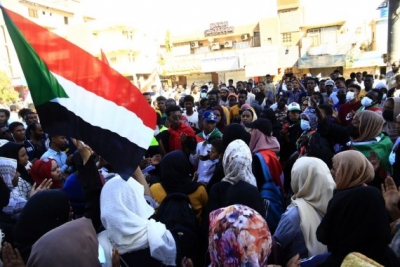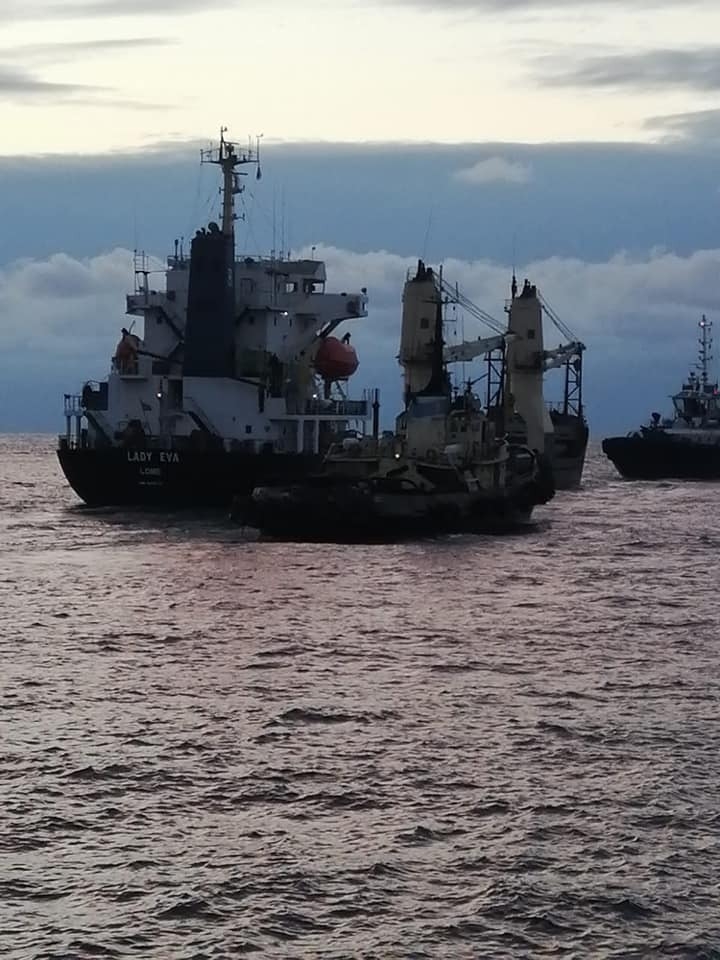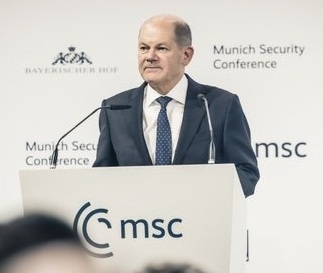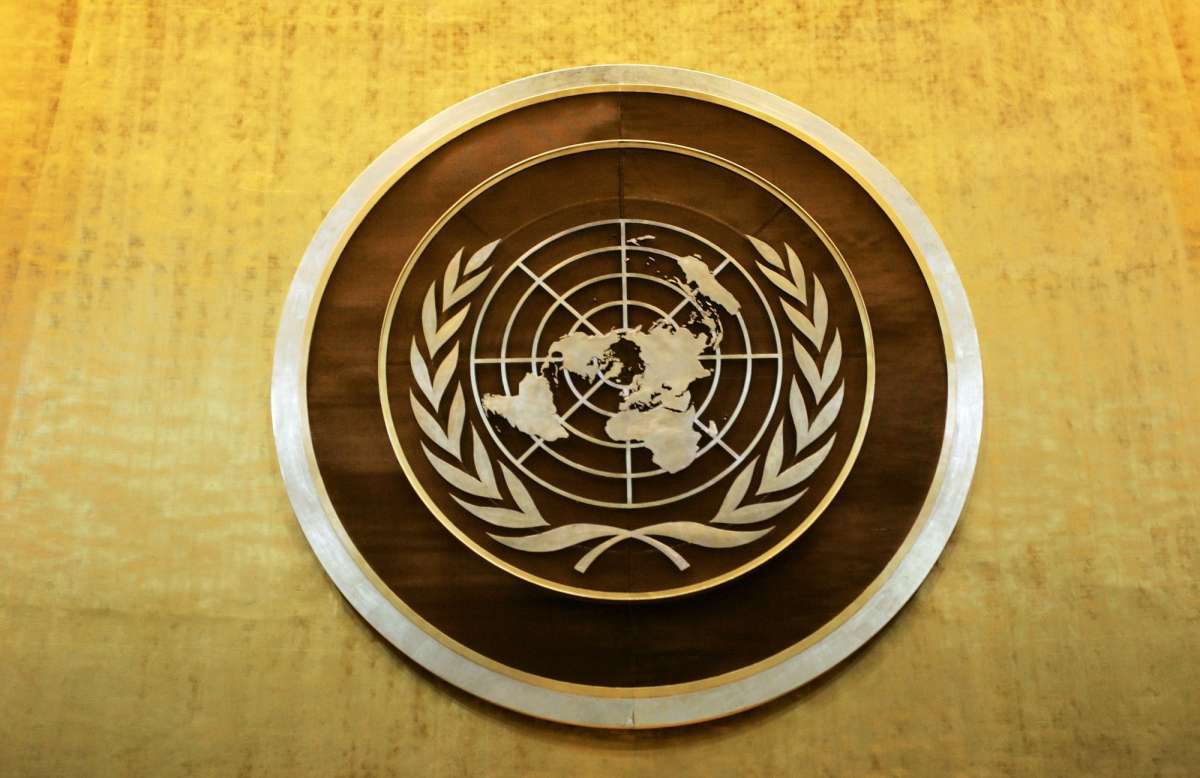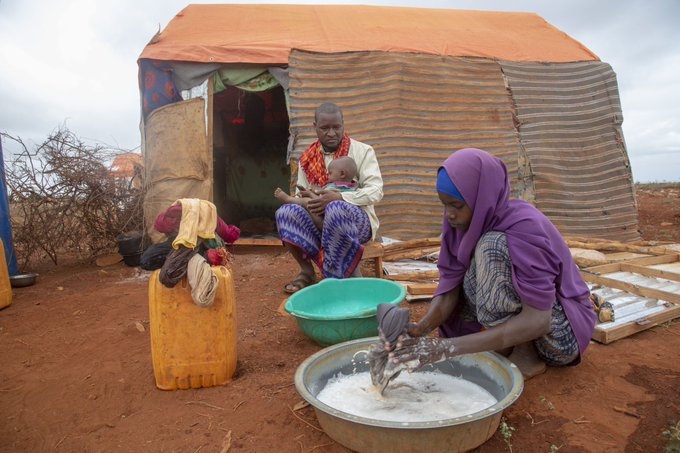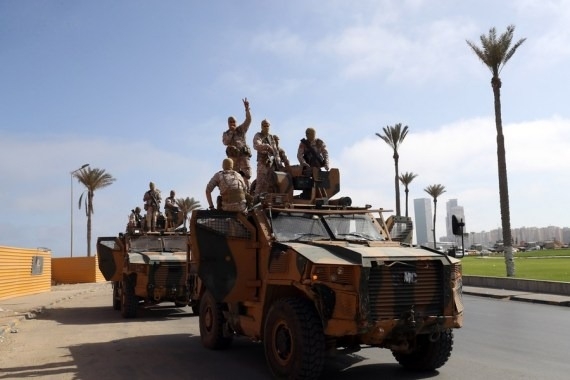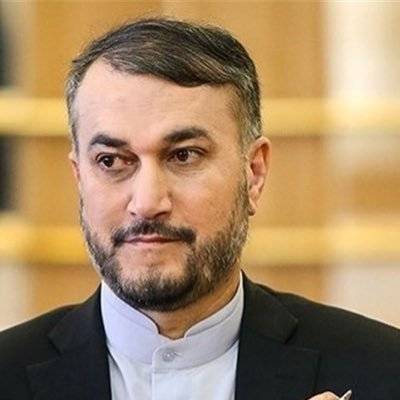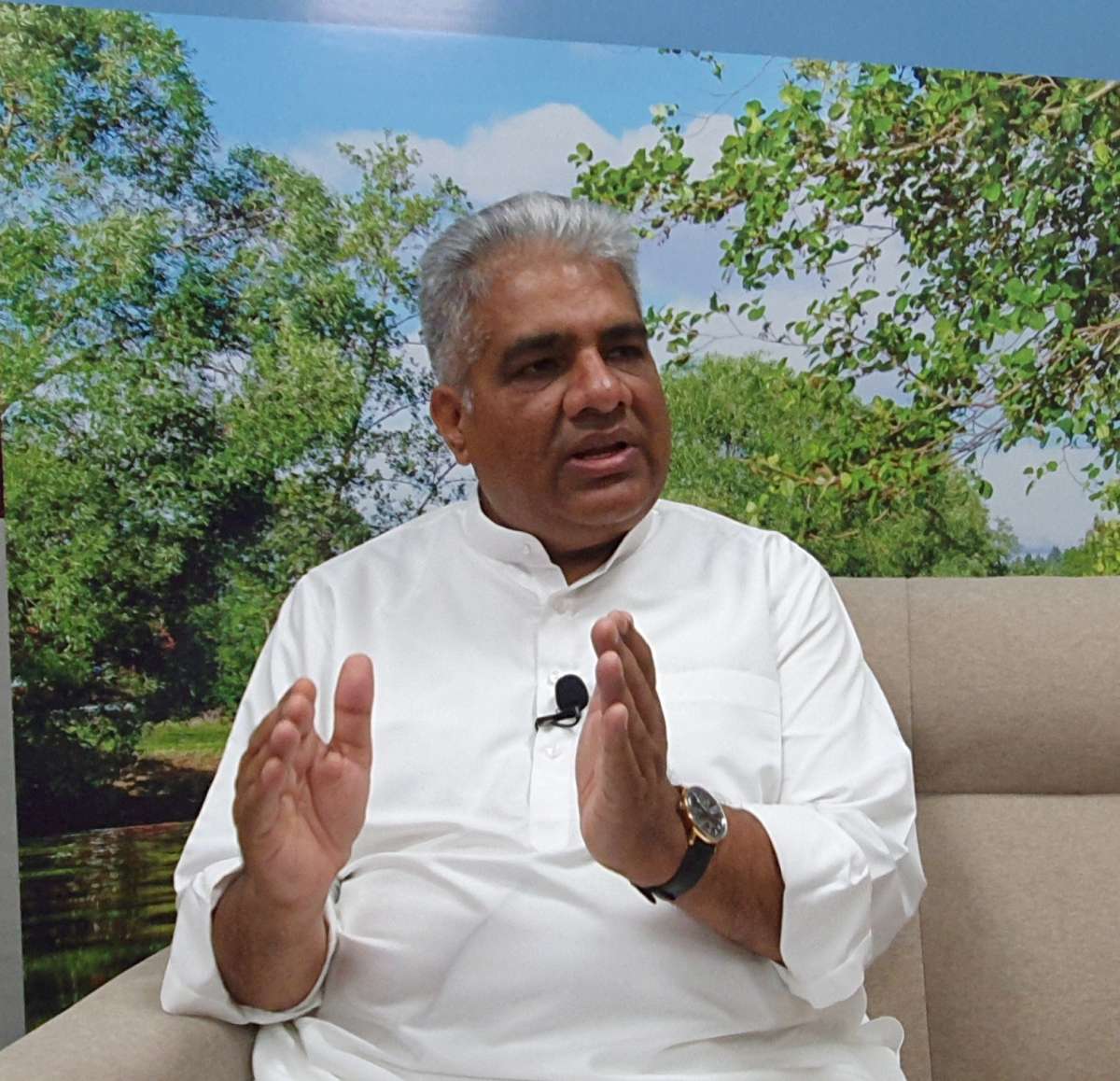Many areas of consensus have emerged in the consultations on five contentious issues among them the dismantling of the old regime and security sector reform, Perthes said…reports Asian Lite News
The top UN envoy for Sudan has said that a solution to end political crisis in Sudan now is “closest” despite enormous challenges ahead.
“Today, we are the closest we have been to a solution, although challenges remain,” Volker Perthes, special representative of the UN secretary-general to Sudan, told a Security Council briefing.
On December 5, 2022, Sudan’s military and civilian leaders signed a political framework agreement to end the political impasse and institute a two-year transitional civilian authority.
The agreement was “a watershed moment” and ushered into a new phase of the political process which aims to lead to a new transitional period, Perthes said.
He outlined the progress achieved since then, including the start of broad consultations in the form of workshops on Jan. 9 by the signatories to the framework agreement, with the facilitation of the Trilateral Mechanism that consists of the African Union, the Intergovernmental Authority on Development and the United Nations.
Many areas of consensus have emerged in the consultations on five contentious issues among them the dismantling of the old regime and security sector reform, Perthes said.
“Today, Sudanese stakeholders are closer than they have ever been to a settlement and the return to a civilian government,” he said.
Admitting the process is “certainly not perfect” and occasionally criticized for “being too slow,” Perthes stressed that it has managed to get a broad and sufficiently inclusive group of stakeholders to near agreement, particularly military authorities and civilian opposition parties.
Meanwhile, he warned that the scale of challenges facing the Sudanese people and any new government are enormous.
A record 15.8 million people in the country, about a third of the population, are requiring humanitarian assistance this year, Perthes said, adding that high food prices and rising hunger remain a serious concern.
As the Sudanese navigate the last hurdle of the political process, collective efforts from the international community are needed now more than ever, he said.
The envoy called for supporting the next Sudanese government with the required capacity to tackle major issues such as addressing root causes of conflict, significantly improving people’s lives and preparing free and fair elections.
ALSO READ-India supports peace process, capacity building in South Sudan

